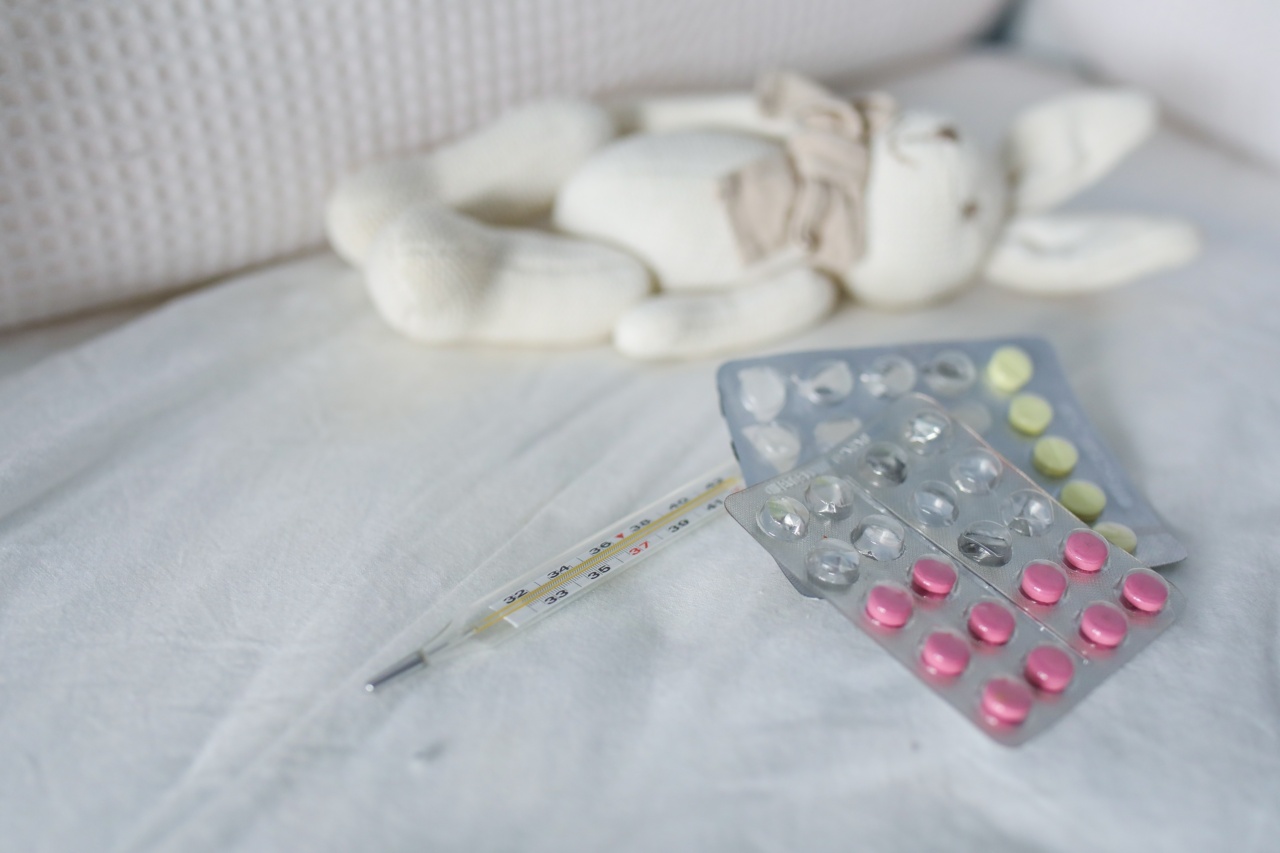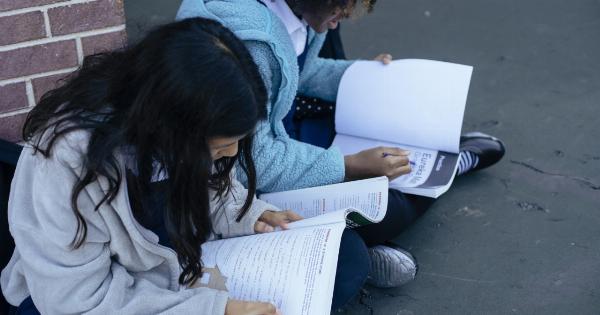Childhood sinusitis, also known as pediatric sinusitis, refers to a condition where the sinuses in a child’s nasal passages become inflamed and infected. This can cause discomfort and affect a child’s quality of life.
It is important to seek appropriate treatment options to manage childhood sinusitis effectively. In this article, we will explore different treatment approaches that can be considered.
1. Antibiotics
In cases where bacterial infection is the cause of childhood sinusitis, antibiotics may be prescribed by a healthcare professional. Antibiotics help in combating the infection and reducing inflammation in the sinuses.
It is crucial to follow the prescribed dosage and complete the entire course of antibiotics to ensure effective treatment.
2. Nasal Irrigation
Nasal irrigation, also known as nasal saline irrigation, involves flushing out the sinuses using a saltwater solution. This helps in clearing the nasal passages and removing mucus and irritants that may contribute to sinusitis symptoms.
Nasal irrigation can be done using a neti pot, squeeze bottle, or nasal spray. It is important to follow proper instructions and use sterilized equipment for nasal irrigation.
3. Decongestants
Decongestants help in reducing nasal congestion by constricting blood vessels in the nasal passages. They can provide temporary relief from symptoms such as stuffy nose and sinus pressure.
Decongestants are available in various forms, including oral tablets, nasal sprays, and drops. However, it is important to use decongestants as directed and not exceed the recommended dosage, as prolonged use can lead to rebound congestion.
4. Steroid Nasal Sprays
Steroid nasal sprays are commonly used to reduce inflammation in the nasal passages. They help in relieving symptoms such as nasal congestion, runny nose, and sneezing.
Steroid nasal sprays can be prescribed by a healthcare professional and should be used regularly for optimal results. It is important to follow the instructions for dosage and administration.
5. Saline Nasal Sprays/Drops
Saline nasal sprays or drops contain a saltwater solution that helps in moisturizing and clearing the nasal passages. They can provide temporary relief from nasal congestion and help in reducing sinusitis symptoms.
Saline nasal sprays or drops are available over the counter and can be used as directed.
6. Allergy Medications
In cases where allergies contribute to childhood sinusitis, allergy medications may be prescribed to manage symptoms.
These medications can include antihistamines, which help in reducing allergic reactions, and nasal corticosteroids, which help in reducing inflammation. Allergy medications should be used as directed by a healthcare professional.
7. Surgery
In severe cases of childhood sinusitis that do not respond to other treatment options, surgery may be considered.
Surgical procedures for childhood sinusitis aim to remove obstructions, such as polyps or anatomical abnormalities, that may be causing recurrent or chronic sinusitis. Surgery is generally a last resort and is determined on a case-by-case basis after thorough evaluation by a healthcare professional.
8. Home Remedies
In addition to medical interventions, certain home remedies can also help in managing childhood sinusitis. These include:.
– Keeping the child hydrated by encouraging them to drink plenty of fluids.
– Using a humidifier or vaporizer to add moisture to the air.
– Encouraging regular handwashing to prevent the spread of infections.
– Avoiding exposure to environmental irritants, such as cigarette smoke or strong perfumes.
– Encouraging regular rest and adequate sleep.
9. Prevention Strategies
Preventing childhood sinusitis can be challenging, but certain strategies can help reduce the risk of recurrent episodes. These include:.
– Maintaining good hygiene practices, such as regular handwashing.
– Encouraging a healthy and balanced diet to support a strong immune system.
– Avoiding exposure to secondhand smoke.
– Ensuring proper ventilation in living spaces to reduce exposure to allergens.
– Managing allergies effectively by identifying and avoiding triggers.
10. Consultation with a Healthcare Professional
If your child is experiencing symptoms of sinusitis, it is important to consult a healthcare professional for an accurate diagnosis and appropriate treatment.
They can assess your child’s condition, determine the underlying cause, and recommend the most suitable treatment options.





























